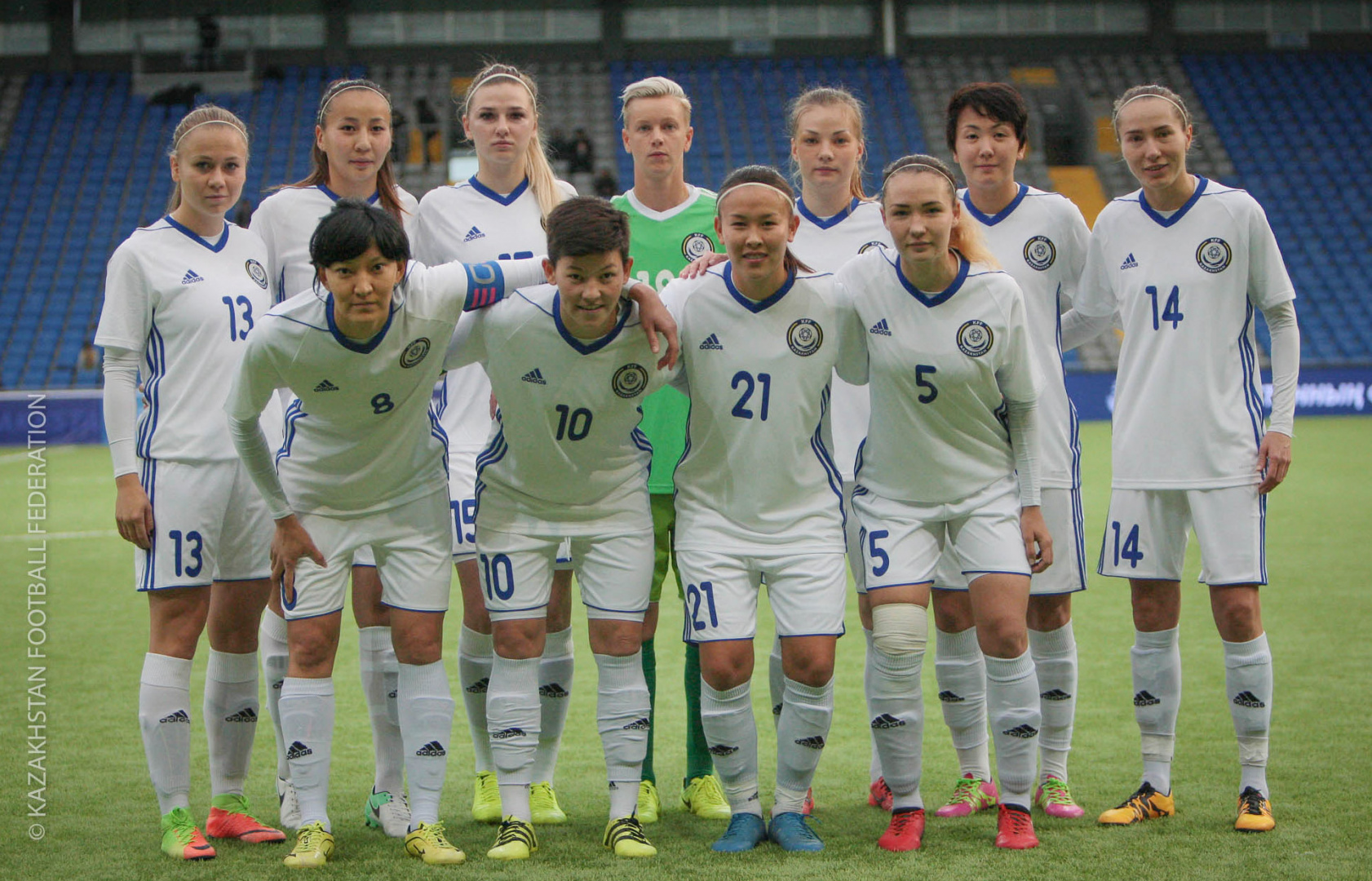“Women’s Football Progress in Argentina: A Journey of Perseverance, Growth, and Unfulfilled Potential
Related Articles Women’s Football Progress in Argentina: A Journey of Perseverance, Growth, and Unfulfilled Potential
Women’s Football Progress in Argentina: A Journey of Perseverance, Growth, and Unfulfilled Potential

Argentina, a nation synonymous with footballing passion and home to legends like Diego Maradona and Lionel Messi, has historically placed women’s football in the shadows of its male counterpart. However, in recent years, a growing wave of activism, increased investment, and a shift in societal attitudes have propelled women’s football in Argentina onto a path of progress, albeit one still fraught with challenges.
Historical Context: A Struggle for Recognition
The history of women’s football in Argentina is one of struggle and resilience. Despite sporadic attempts to organize matches and leagues in the early 20th century, women’s football remained largely unrecognized and unsupported by the Argentine Football Association (AFA). For decades, female players faced systemic discrimination, lack of funding, and limited opportunities to compete at the national and international levels.
In 1991, the AFA officially recognized women’s football, leading to the creation of the Campeonato de Fútbol Femenino, the top-flight women’s league in the country. However, progress was slow, and the league suffered from a lack of resources, media coverage, and professionalization. Players often had to juggle their football careers with full-time jobs, and many lacked access to basic training facilities and equipment.
The Rise of Activism and Advocacy
In recent years, a new generation of players, activists, and advocates has emerged, demanding greater recognition and support for women’s football. Inspired by the global women’s football movement and fueled by a growing awareness of gender inequality, these individuals have worked tirelessly to raise the profile of the sport and challenge the status quo.
One of the key milestones in this movement was the formation of the Colectivo de Jugadoras de Fútbol (Collective of Women Football Players), a group of players who came together to fight for better working conditions, fair wages, and professionalization of the women’s league. Through protests, social media campaigns, and negotiations with the AFA, the Colectivo has played a crucial role in pushing for change.
Increased Investment and Professionalization
In response to growing pressure from players and advocates, the AFA has gradually increased its investment in women’s football. In 2019, the AFA announced that all clubs in the top-flight league would be required to have a women’s team, a move that significantly expanded the number of professional opportunities for female players.
Additionally, the AFA has implemented measures to improve the quality of the league, including increasing funding for clubs, providing better training facilities, and offering scholarships to young players. While these investments are a step in the right direction, they still fall far short of the resources allocated to men’s football.
National Team Success and Growing Fanbase
Despite the challenges, the Argentine women’s national team, known as "Las Albicelestes," has achieved some notable successes in recent years. The team qualified for the 2019 FIFA Women’s World Cup, their first appearance in the tournament in 12 years. While they did not advance beyond the group stage, their participation generated significant interest in women’s football in Argentina and inspired a new generation of players.
The national team has also performed well in regional competitions, winning the silver medal at the 2018 Copa América Femenina and qualifying for the 2023 FIFA Women’s World Cup. These achievements have helped to raise the profile of women’s football and attract a growing fanbase.
Challenges and Obstacles
Despite the progress made in recent years, women’s football in Argentina still faces significant challenges and obstacles. One of the main issues is the lack of funding and resources. Women’s clubs and leagues receive far less financial support than their male counterparts, which limits their ability to attract and retain top players, invest in training facilities, and promote the sport.

Another challenge is the lack of media coverage. Women’s football matches are rarely televised or streamed online, making it difficult for fans to follow the sport and for sponsors to justify investing in it. This lack of visibility perpetuates the cycle of underfunding and marginalization.
Additionally, societal attitudes towards women’s football remain a barrier to progress. In a country where football is often seen as a male domain, female players face prejudice and discrimination. Many people still believe that women are not as skilled or athletic as men, which undermines the credibility of the sport.
The Impact of Key Figures
Several key figures have played a crucial role in advancing women’s football in Argentina. Players like Estefanía Banini, Soledad Jaimes, and Florencia Bonsegundo have not only excelled on the field but have also used their platforms to advocate for greater equality and recognition.
Coaches like Carlos Borrello, who led the national team to the 2019 World Cup, have also been instrumental in developing talent and promoting the sport. Additionally, administrators like Evelina Cabrera, the president of the Argentine Association of Women’s Football, have worked tirelessly to improve the governance and organization of the sport.
Looking Ahead: A Path to Equality
The future of women’s football in Argentina is uncertain, but there is reason for optimism. With continued investment, advocacy, and a shift in societal attitudes, women’s football has the potential to reach new heights.
To achieve this, several key steps need to be taken. First, the AFA must continue to increase its investment in women’s football, ensuring that clubs and leagues have the resources they need to thrive. Second, media outlets need to provide greater coverage of women’s football matches, helping to raise the profile of the sport and attract a wider audience.
Third, efforts must be made to challenge societal attitudes towards women’s football, promoting the sport as a legitimate and exciting form of entertainment. This can be achieved through education campaigns, grassroots programs, and the promotion of female role models.
Finally, it is essential to empower female players and give them a voice in the decision-making processes that affect their careers. This can be achieved through the formation of player unions and the creation of advisory boards that include female representatives.
Conclusion: A Promising Future
Women’s football in Argentina has come a long way in recent years, but there is still much work to be done. By addressing the challenges and obstacles that remain, and by continuing to invest in the sport and promote its growth, Argentina can create a more equitable and inclusive footballing landscape for all.
The journey of women’s football in Argentina is a testament to the perseverance, resilience, and passion of female players, coaches, and advocates. With continued dedication and support, the future of women’s football in Argentina looks bright, and the nation can look forward to a day when women’s football is celebrated and valued as much as its male counterpart. The potential is there, the talent is emerging, and the passion is undeniable. It’s time for Argentina to fully embrace and support its women footballers, allowing them to shine on the national and international stage. The beautiful game, after all, should be for everyone.

